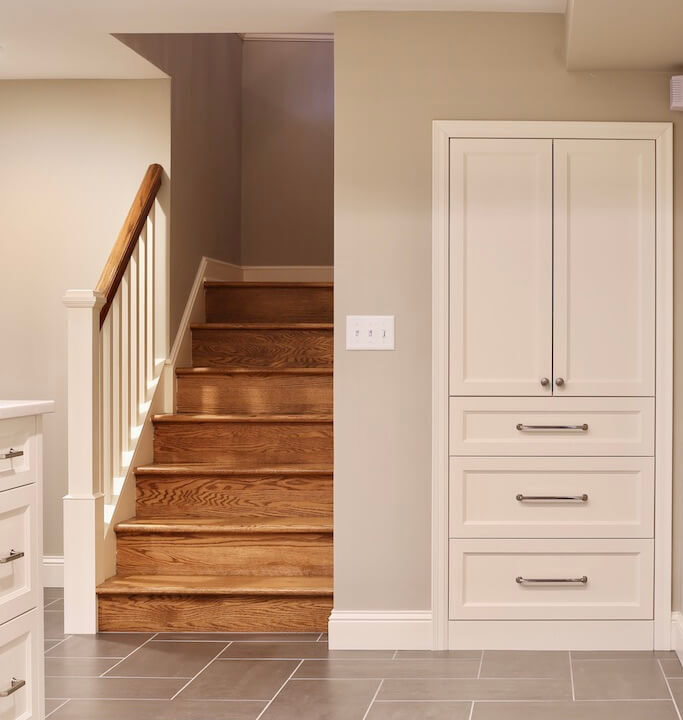Why you should hire a handyman for your home
May 3, 2021
Add a guest room to your home and make the most of it
July 1, 2021 Countertops play a demanding role in today’s kitchens as both a workhorse and a showpiece. All food preparation occurs on them, so they should be durable (stain-proof, scratch-proof, and heat-proof), beautiful, and (in the best case scenario) economical. This is why choosing counter-top materials can be such a challenge.
Countertops play a demanding role in today’s kitchens as both a workhorse and a showpiece. All food preparation occurs on them, so they should be durable (stain-proof, scratch-proof, and heat-proof), beautiful, and (in the best case scenario) economical. This is why choosing counter-top materials can be such a challenge.
However, it doesn’t have to be so complicated. You should instead ask yourself the right questions and set your priorities straight before you get seduced or intimidated by the many choices you have in the market. Following is a list of important questions you should ask yourself before committing to a kitchen remodel, as someone who has survived and supervised several of them.
1. How will you use your countertops?
If you’re considering a countertop for your kitchen, you should think about how your family uses the kitchen. Is your household active with teenageers? Do they countertops receive a lot of wear and tear every day? As well as family cooking, are people always in the kitchen making “in-between” meals. Because so many cooking and cleaning styles are employed and so many different styles of clean-up exist, your choice of product should be able to withstand them all. The more important concern may be for your countertop’s resistance to most food stains.
2. How much maintenance can you handle?
Some materials require extensive maintenance, while others are extremely durable. Make your counter-top care a priority by being realistic about your time and effort. Marble, limestone, and granite, for example, need to be sealed annually. Danish oil should be applied to my wooden countertops at least twice a year. As a final note, before falling in love with a material, fully consider the demands of living with it.
3. What are your kitchen requirements?
For example, if there are any required dimensions for your space that are not standard, knowing how many linear feet of countertop you will need is valuable. In this way, you can create your own numbers, based on the information you collect, and make comparisons between them. You might decide to use two different materials depending on your design and budget. For instance, you might use wood for your island top while the adjacent counters are marble or granite.
4. What’s your budget?
In addition to varying greatly in price depending on your local suppliers and builders, the price of a kitchen countertop depends on the material used as well. Nevertheless, these guidelines can be misleading: A high-end butcher’s block, for example, can cost far more than low-grade granite.
Because a good kitchen countertop, if maintained properly, will last for a long time, it’s better to start with your ideal material and then find a version that meets your budget. Many times it’s reasonable to spend more (within reason) than you planned; after all, you’ll be living with that decision every day for many years to come.
5. What materials speak to you?
Aesthetics are a must for the design-obsessed. It would be regrettable, however, to choose a countertop solely on the basis of appearance, only to discover afterward that the counter isn’t the right fit for you. Knowing why you prefer certain materials over others will help you make an informed choice. Say, for instance, you like the look of white Carrara marble countertops but don’t want to deal with red wine stains. Quartzite is an alternative white stone material that is both durable and low-maintenance, but is also less costly. If you prefer Carrara marble’s warmth, character, and uniqueness, you will have to overlook some of its shortcomings.
The bottom line: Consider your counter investment as an investment. Take the time to look around, narrow your options, and count your pennies before you make that leap.




